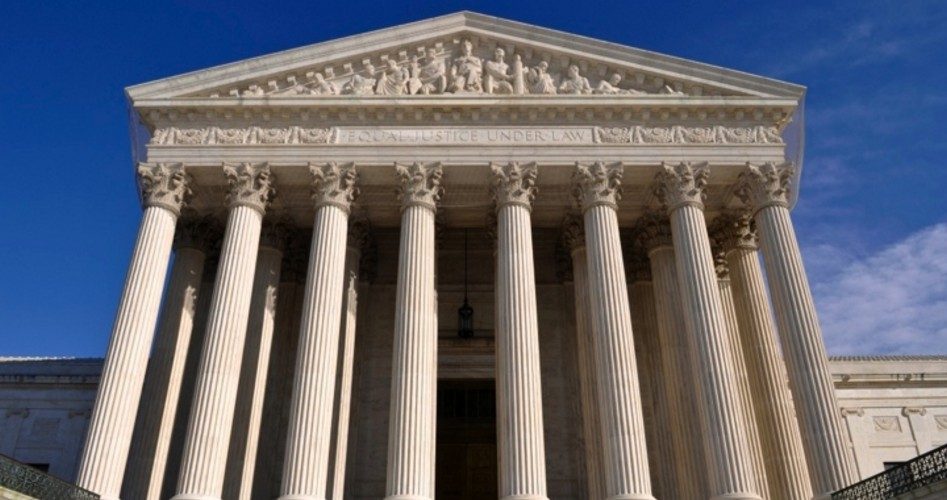
The U.S. Supreme Court has declined to hear the appeal of a state supreme court ruling that denies the voters of Oklahoma their right to decide on a pro-life personhood initiative in that state. The proposed amendment would have defined “person” as “any human being from the beginning of the biological development of that human being to natural death.”
Oklahoma Attorney General Scott Pruitt had approved the ballot title and summary, and Personhood Oklahoma was in the process of gathering the needed signatures to place the issue before the voters, when the ACLU, the Center for Reproductive Rights and other pro-abortion groups filed a lawsuit to keep the initiative from going before the state’s voters. Within ten days the Oklahoma Supreme Court followed up, ruling that the initiative violated the U.S. Supreme Court’s 1992 ruling in Planned Parenthood v. Casey.
Nancy Northrup, president and CEO of the Center for Reproductive Rights, exulted Monday over the High Court’s refusal to consider the lower court’s ruling, claiming it as “yet another resounding message to the opponents of reproductive freedom that such extremist assaults on our fundamental rights will not stand. Pure and simple, these tactics are an affront to our nation’s Constitution and a bald-faced attempt to foreclose women’s access to a full range of reproductive health care.”
But Dan Skerbitz, co-founder of Personhood Oklahoma, vowed that his groups would continue to fight for the unborn. “In Oklahoma, the people were denied their right to petition and their right to vote,” Skerbitz said in a statement. “The people of Oklahoma will not rest until our voices are heard, and our women and children are protected from abortion.”
Steve Crampton, vice president for legal affairs with Liberty Counsel, which is representing Personhood Oklahoma in the case, told World Net Daily that the state supreme court ruling was out of the ordinary. “Typically in legal cases, courts refuse to issue a ruling until a law is actually passed,” he said. “The reason has to do with standing. Before the proposal becomes a law, no one has been affected by it.”
Crampton explained that “it is highly unusual for a state court to decide immediately on the federal constitutionality of a state initiative before the people have had a chance to vote on it. It would be akin to a person interrupting debate on a proposal in the legislature and telling them they could not go forward in the legislative process because it was unconstitutional.” He added that if a court “can stop the legislative process from taking effect, then who exactly is the one passing the laws?”
Liberty Counsel’s founder, Matt Staver, said that while the ruling derailed Oklahoma’s personhood initiative for the time being, similar measures were moving forward in other states. “The issue is not about the merits of personhood, but about whether a state court can interfere with the rights of citizens to gather signatures to amend their constitutions,” he said. “On the issue, the Oklahoma Supreme Court decision is wrong. But this is by no means the end of the road in Oklahoma. Personhood initiatives will continue to expand throughout the country. The time has come for government to acknowledge what science has long recognized — that human life begins from the moment of conception or fertilization and should be protected in law from its earliest beginnings.”


